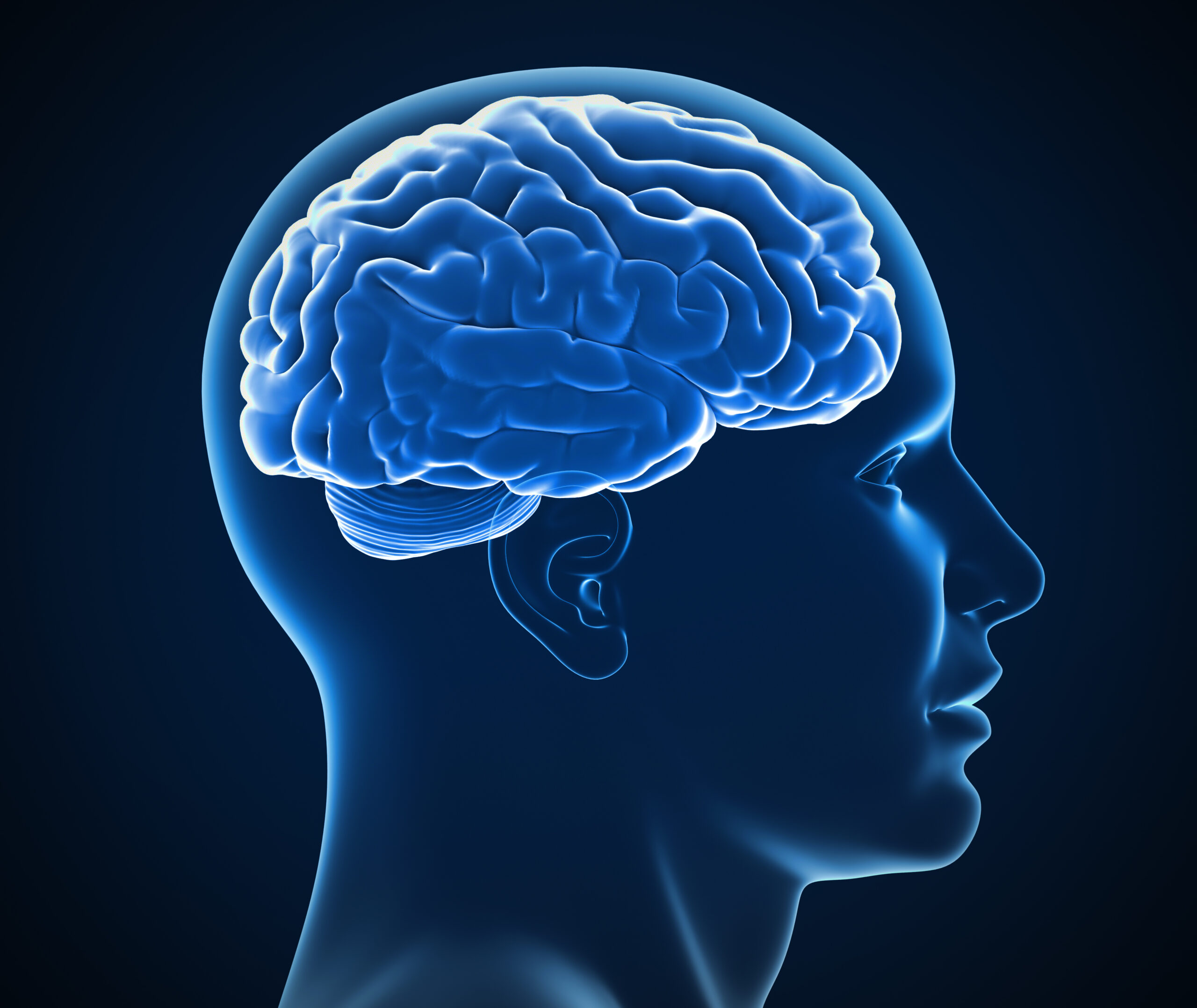Dr. Sherry Nakhaeizadeh explains how people tend to interpret evidence in a way that confirms their assumptions and preconceptions.
The Psychological Phenomena That Can Lead to Wrongful Convictions
7 experts explain how human factors from confirmation bias to memory malleability play a role in criminal investigations and wrongful convictions.
Special Feature 11.18.19 By Innocence Staff
The International Association of Chiefs of Police (IACP) is joining the Innocence Project, the Ohio Innocence Project and members of the Innocence Network to release a series of videos to educate law enforcement and other criminal justice professionals about the psychological phenomena that can impede criminal investigations and prosecutions and lead to wrongful convictions.
The seven videos below feature leading experts discussing how these psychological factors, such as memory malleability and implicit bias, affect criminal investigations and the work of other criminal justice actors, from prosecutors to defense attorneys. The videos also highlight some of the safeguards that can be employed to prevent wrongful convictions. The films are not intended to serve as an entire training but rather as a tool to demonstrate these phenomena in the context of a larger training session.
“Law enforcement officials are human and are susceptible to the same psychological phenomena that can adversely affect decision-making,” said Paul M. Cell, president of the IACP. “We are excited to be partnering with innocence organizations to make these videos available because education and training are critical to ensuring that these phenomena don’t adversely affect investigations.”
Confirmation Bias
Implicit Bias
Professor L. Song Richardson explains how personal experiences shape our views and can result in unintentional bias.

““Law enforcement officials are human and are susceptible to the same psychological phenomena that can adversely affect decision-making.” ”
““Law enforcement officials are human and are susceptible to the same psychological phenomena that can adversely affect decision-making.” ”
Paul M. Cell President of the IACP
Memory Malleability
Dr. Elizabeth Loftus discusses how memory is constructed and how it is susceptible to being manipulated by false information.
False Confessions
Dr. Saul Kassin explains how interrogation techniques can cause innocent people to falsely confess to crimes they didn’t commit.
Tunnel Vision
Retired Detective Jim Trainum explains the harm of focusing on a single or limited police or prosecutorial theory and seeking only evidence that confirms that particular theory.
Eyewitness Misidentification
Dr. Jennifer Dysart explains how memory affects identification and how to prevent eyewitness misidentifications.
Lie Detection and Demeanor Evidence
Dr. Par-Anders Granhag exposes the myth that it is possible to tell whether or not someone is being truthful from their physical ticks and mannerisms.

Leave a Reply
Thank you for visiting us. You can learn more about how we consider cases here. Please avoid sharing any personal information in the comments below and join us in making this a hate-speech free and safe space for everyone.